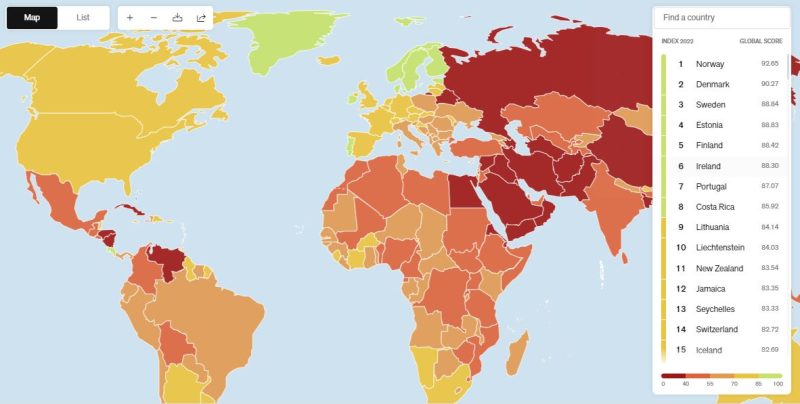
13 human traffickers responsible for forcing over 400 women into sexual labour arrested
An operation involving Czech, Finnish and Hungarian authorities, and coordinated by Europol and Eurojust, has led to the identification of more than 90 victims of sexual exploitation. 13 members of a criminal network are under suspicion of recruiting – primarily Czech – victims and transporting them to Finland and other Scandinavian countries for sexual exploitation. Czech members of the criminal network, which is believed to have earned at least EUR 3.3 million, acted as coordinators and offered the victims’ services on websites. Perpetrators could book the victims in advance, while rotation systems – also known as ‘sex tours’ or ‘carousels’ – allowed for the exploited victims to be offered in various locations. The investigation concerning the results of this operation is still ongoing, as more than 400 victims of Czech, Hungarian and Romanian nationality were counted in total.
In April 2022, the České Budějovice Branch of the Czech National Organised Crime Agency, the National Investigation Team for Trafficking in Human Beings of the Helsinki Police Department, and the Criminal Intelligence Department of the Hungarian National Bureau of Investigation jointly participated in an action day targeting the criminals behind this sexual exploitation network. Europol coordinated first action day, which was followed by further action days, during which the Finnish and Czech authorities executed additional arrest warrants.
Overall results of the operation include:
13 suspects arrested
15 victims identified during the action days
90 victims identified during the investigation timeframe
10 houses searched
EUR 200 000 in cash, 4 luxury vehicles, 3 apartments, 40 mobile phones, 4 laptops and 4 tablets seized as well as 8 bank accounts frozen
a shotgun and ammunition seized
Victims faced despicable treatment by “operators”
So-called “call operators” within the organised criminal network kept the victims in control. The operators’ role was to advertise the victims on ‘adult service websites’ and manage their online profile. These Czech women would then also set up the victims’ meeting agendas and control the types of sexual services that would be provided. In some cases, the main perpetrators also used specific victims, known as ‘Alphas’, to exercise control over the others.
The 400 victims forced into sexual exploitation were mostly advertised as Czech women regardless of their true nationality. They often worked under extreme duress, deprived of their earnings and kept in constant check by the criminals. In the event they were allowed to return home, members of the criminal network would take large parts of their savings and extort more money using threats and violence.
Internet and the pandemic as catalysts for sexual exploitation
The criminal network was well-organised and capable of acting remotely from different locations, mostly in the Czech Republic and Finland. It had a good understanding of the sex market in Finland and other Scandinavian countries and actively tried to balance the women offered by rotating them throughout different locations. As people spent more time on the internet during the COVID-19 pandemic, the medium gained importance in the facilitation of trafficking of human beings.
Sexual exploitation activities did not stop during the mandated lockdowns during the height of the pandemic. The victims were advised and supported by the perpetrators to make use of ‘boyfriend invitations’ in order to circumvent the strict entry rules enforced by certain countries. In some cases, the so-called boyfriend invited several women and received free sexual services in exchange. Investigations also show an increased trend of female suspects working within the exploitation chain. Certain women escaped being subject to exploitation and violence by applying their digital skills and exploring new roles as ‘Alphas’, thus becoming an active part of the criminal network.
The role of Europol and Eurojust
Eurojust established a joint investigation team in August 2021, and Europol supported the operation by deploying members of Analysis Project Phoenix with a mobile office to perform rapid, on-the-spot cross-checking as well as providing forensic support during the action days. Europol’s Analysis Project Phoenix deals with different forms of exploitation, with current priority areas linked to sexual and labour exploitation, forced criminality and begging, forced marriages, child trafficking and human organ trafficking.
comunicato stampa – fonte: https://www.europol.europa.eu/media-press/newsroom/news/90-victims-of-sexual-exploitation-identified?mtm_campaign=newsletter





